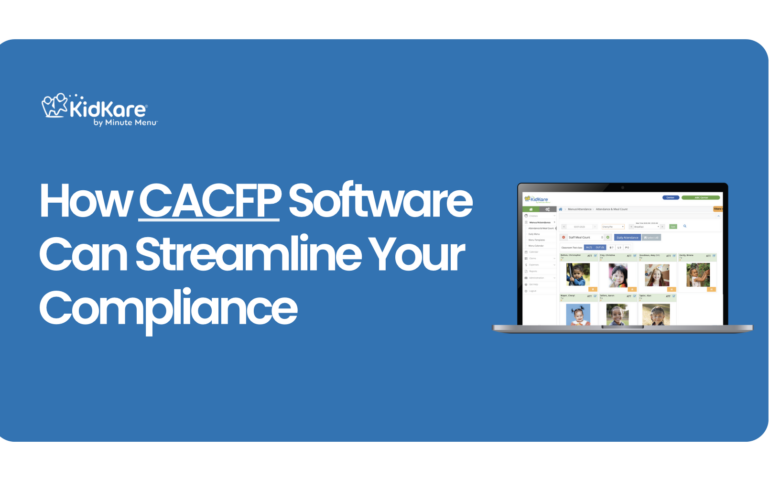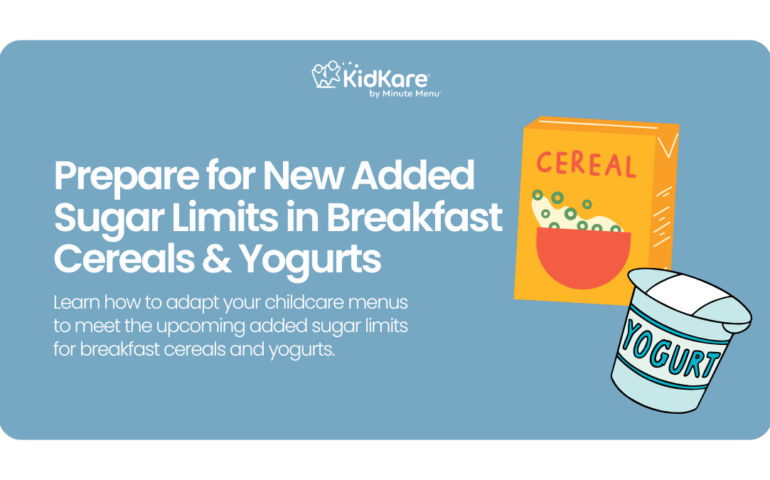
Creating and managing a budget for the Child and Adult Care Food Program (CACFP) can feel overwhelming, especially with changing regulations and fiscal requirements. As a CACFP sponsor overseeing multiple sites, your budget isn’t just a financial document—it’s the foundation of your program’s success and compliance. This CACFP budget guide will walk sponsors through the

In the world of childcare and adult care services, participation in the Child and Adult Care Food Program (CACFP) provides vital financial support for serving nutritious meals. However, the path to successful program participation is paved with detailed requirements, extensive documentation, and regular monitoring. Understanding how centers and providers can make or break CACFP compliance

Running a Child and Adult Care Food Program (CACFP) should be about nourishing the people you serve, not drowning in paperwork. Yet for many program administrators, the reality involves endless hours tracking meals, verifying attendance, and preparing for compliance reviews. The good news? There’s a technological solution designed specifically for these challenges. The Daily Reality

The Early Childhood Nutrition Improvement Act: Expanding Access and Reducing Barriers The Early Childhood Nutrition Improvement Act focuses on expanding meal access and streamlining administration. Introduced in the 119th Congress on April 10, 2025, this bill includes several key provisions that would significantly improve how nutrition programs operate. Extended Meal Coverage for Children in Long-Day

As the landscape of nutritional guidelines evolves, childcare providers must adapt to new regulations that ensure children receive healthier meals. One significant change coming into effect is the updated added sugar limits for breakfast cereals and yogurts under the Child and Adult Care Food Program (CACFP). With the implementation date set for October 1, 2025, it

As a child care provider in the Child and Adult Care Food Program (CACFP), you have a valuable opportunity to contribute to the overall well-being and development of the children under your care. By offering nutritious meals with reduced sodium content, you can help children develop healthy eating habits and support their growth. In this